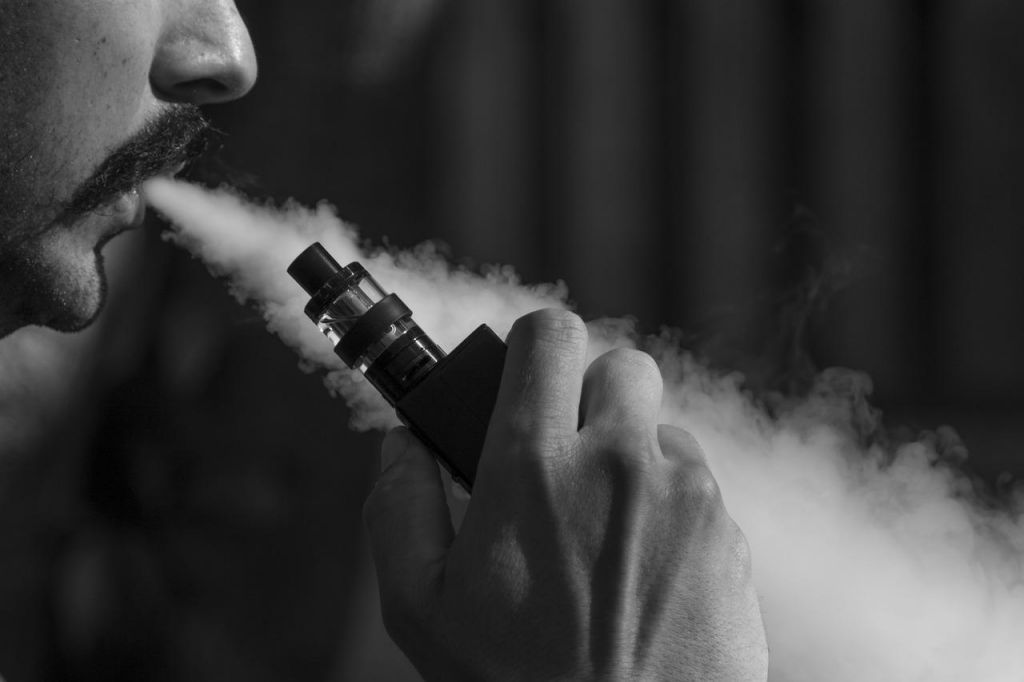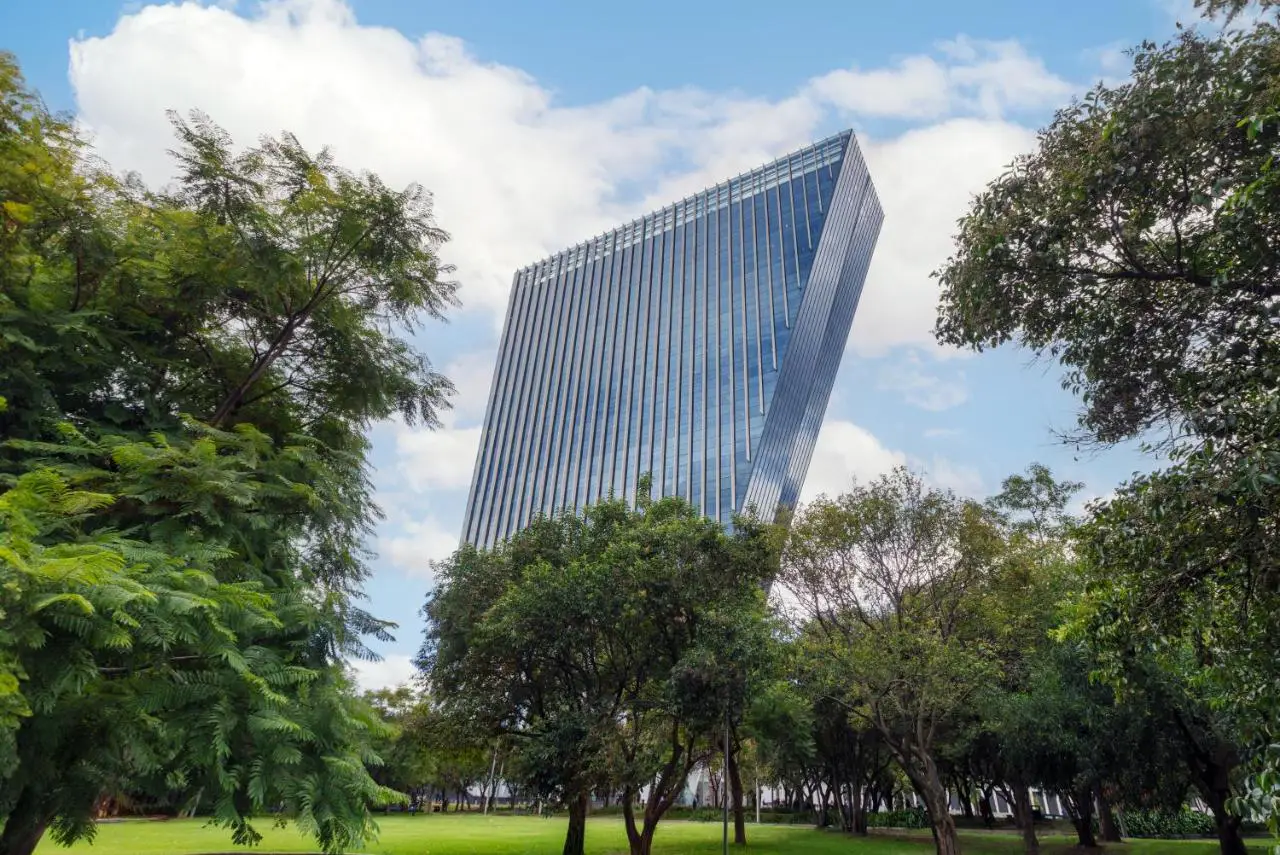Turkish President Recep Tayyip Erdoğan has announced new measures against e-cigarettes in Turkey.
He shared these plans during the “World No Tobacco Day and Environmental Health Program” at Vahdettin Mansion, where he hosted young people from various countries.
Erdoğan emphasized that e-cigarettes are as harmful as traditional cigarettes. He highlighted the dangers of e-cigarettes, particularly among teenagers and young adults.
In his speech, Erdoğan mentioned the efforts to prevent e-cigarettes from entering Turkey through illegal channels. He stated, “We have not allowed certain well-known brands to enter our country, and we will continue to prevent this.”
A 15-year-old British teenager, Edward Smith, spoke about a new law in the UK that bans the sale of cigarettes and e-cigarettes to those born after 2009. Erdoğan expressed interest in this law and mentioned the possibility of adopting a similar approach in Turkey.
Müşerref Pervin Tuba Durgut, a participant in the program, supported this idea. She suggested that Turkey could adapt the UK law to protect children born after 2009 from accessing tobacco products. Erdoğan responded positively, indicating that this proposal would be explored.
Erdoğan also shared his personal disappointment when he sees young people smoking. He recounted a visit to a hospital where he saw the lungs of a smoker. The stark difference between healthy and damaged lungs made a strong impression on him, reinforcing his anti-smoking stance.
The dangers of hookah (nargile) were also discussed. A 17-year-old participant from Egypt, Maya, highlighted the deceptive appeal of fruit-flavored hookahs. Erdoğan agreed, noting that hookah smoking is popular but harmful and that Turkey has banned it in many places.
A 9-year-old participant, Mila, expressed her sadness at seeing cigarette butts in parks and asked if cigarette factories could be removed. Erdoğan responded that it might be possible, showing his commitment to reducing smoking.
These new measures and discussions reflect Turkey’s ongoing efforts to combat tobacco use and protect the health of its citizens, particularly the younger generation.













